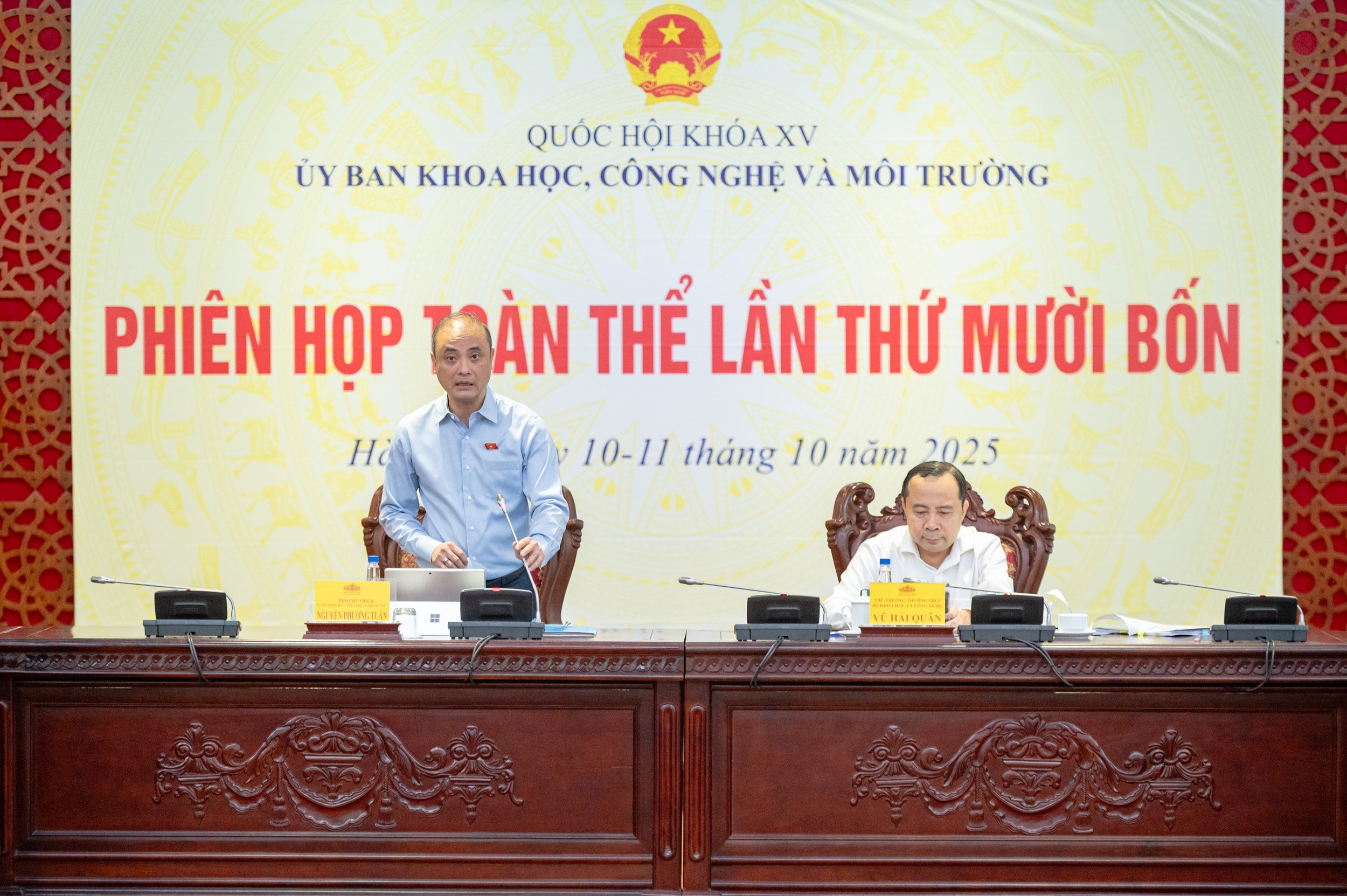
Attending the meeting were: members of the Committee on Science, Technology and Environment; representatives of the Ministry of Science and Technology ; representatives of a number of relevant ministries and branches.
Pay more attention to developing infrastructure and human resources for digital transformation
According to the Submission of the Digital Transformation Law Project, the draft Law stipulates digital transformation, including: infrastructure for digital transformation; digital government and digital transformation of operations of agencies in the political system; digital economy; digital society and measures to ensure digital transformation.
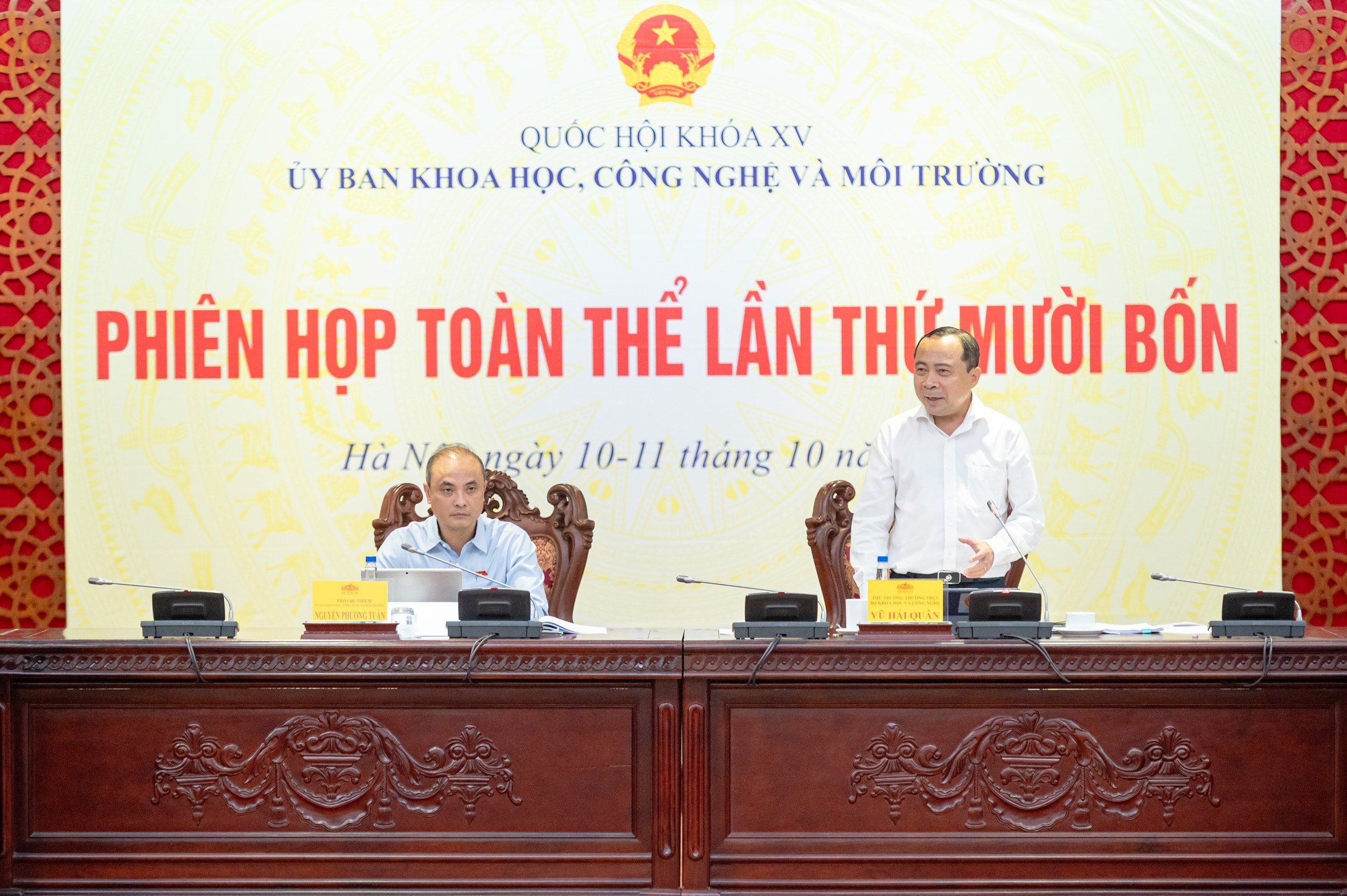
The Draft Law consists of 8 chapters and 79 articles with basic contents including: general provisions; infrastructure for digital transformation; digital transformation of agencies in the political system, digital government; digital economy; digital society; measures to ensure digital transformation; state management of digital transformation.
Examining this content, delegates basically agreed on the necessity of building a Law on Digital Transformation to perfect the legal system on national digital transformation, create an inter-sectoral legal system on digital transformation in industries and fields; regulate the relationship between entities participating in activities in the digital environment; promote the comprehensive digital transformation process; strengthen international cooperation and integration.
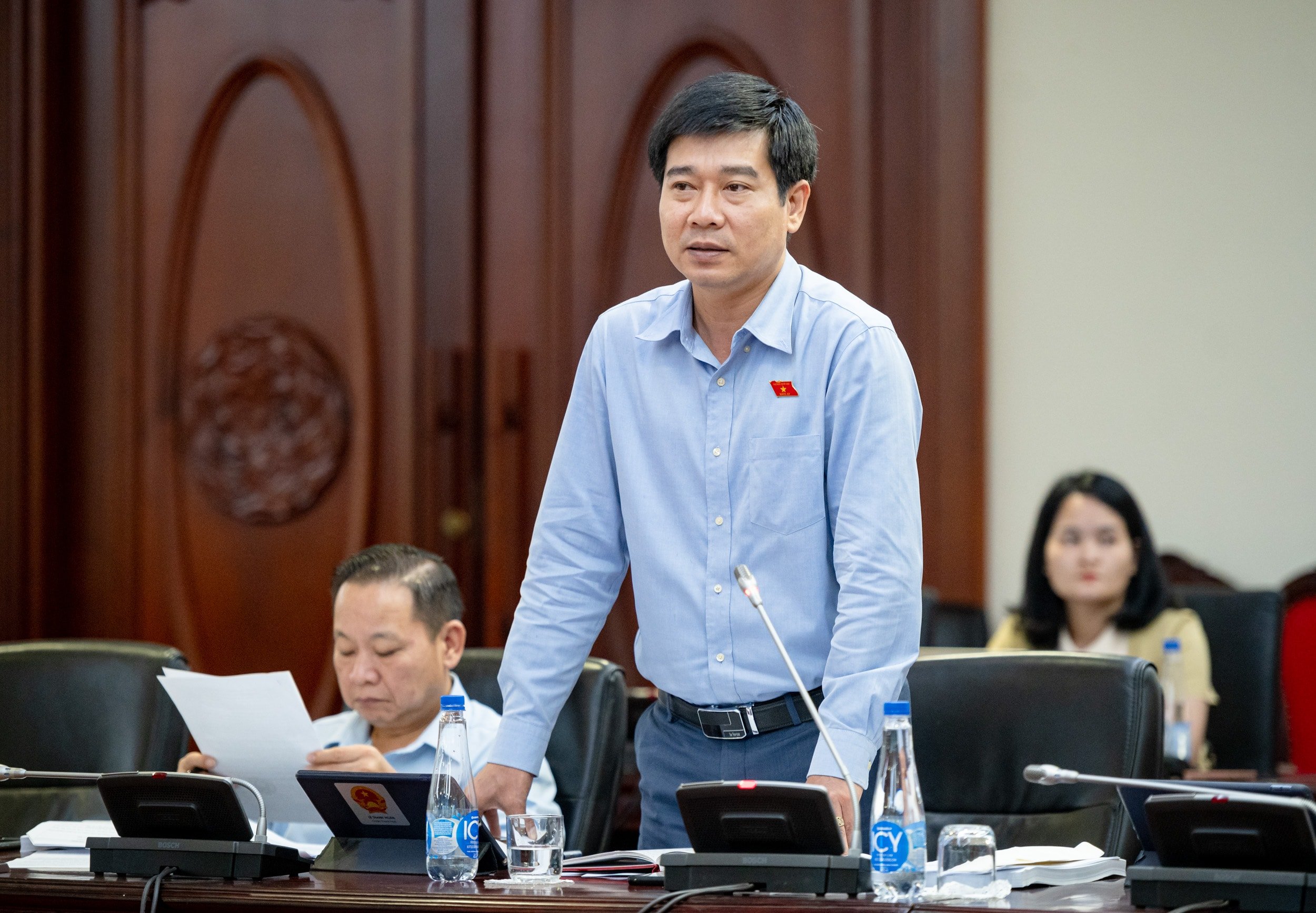
Delegates also emphasized that digital transformation is the process of digitizing and integrating digital technology comprehensively into management, production, business and social life, creating a digital environment, interacting with the real environment to change the way of organizing activities, providing services, and creating new values. In the process of digital transformation, it is necessary to clearly identify the challenges; at the same time, a chapter and article should be devoted to specifically regulating the mechanism to encourage people to participate in the "digital literacy" movement to help people master digital knowledge.
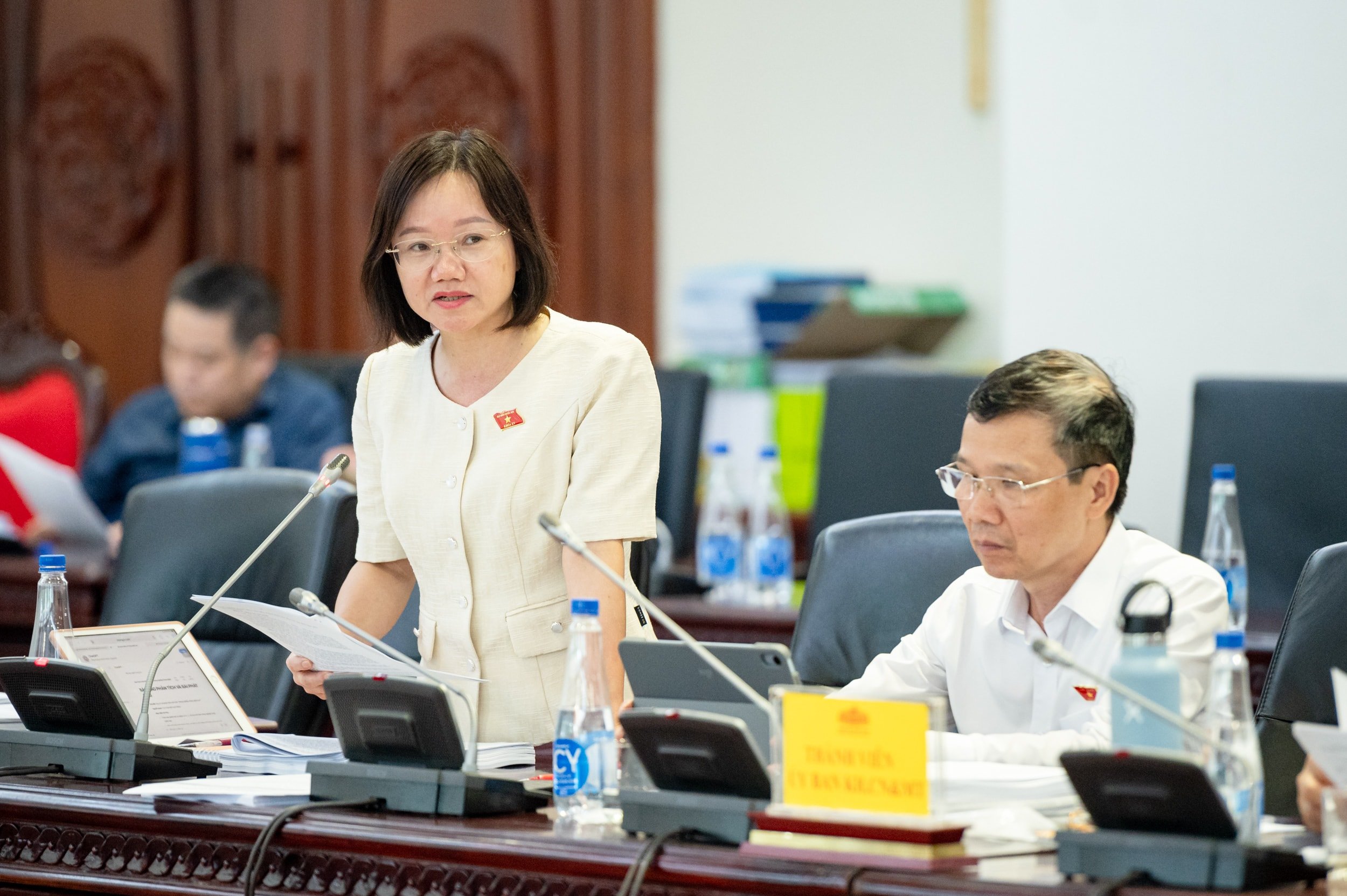
There are suggestions that it is necessary to clarify the content of digital transformation in order to build appropriate and feasible policies.
Delegates also noted that the State's policies on digital transformation are still comprehensive and general in nature, making them difficult to implement; it is recommended to focus on strong enough policies on infrastructure development and human resources for digital transformation.
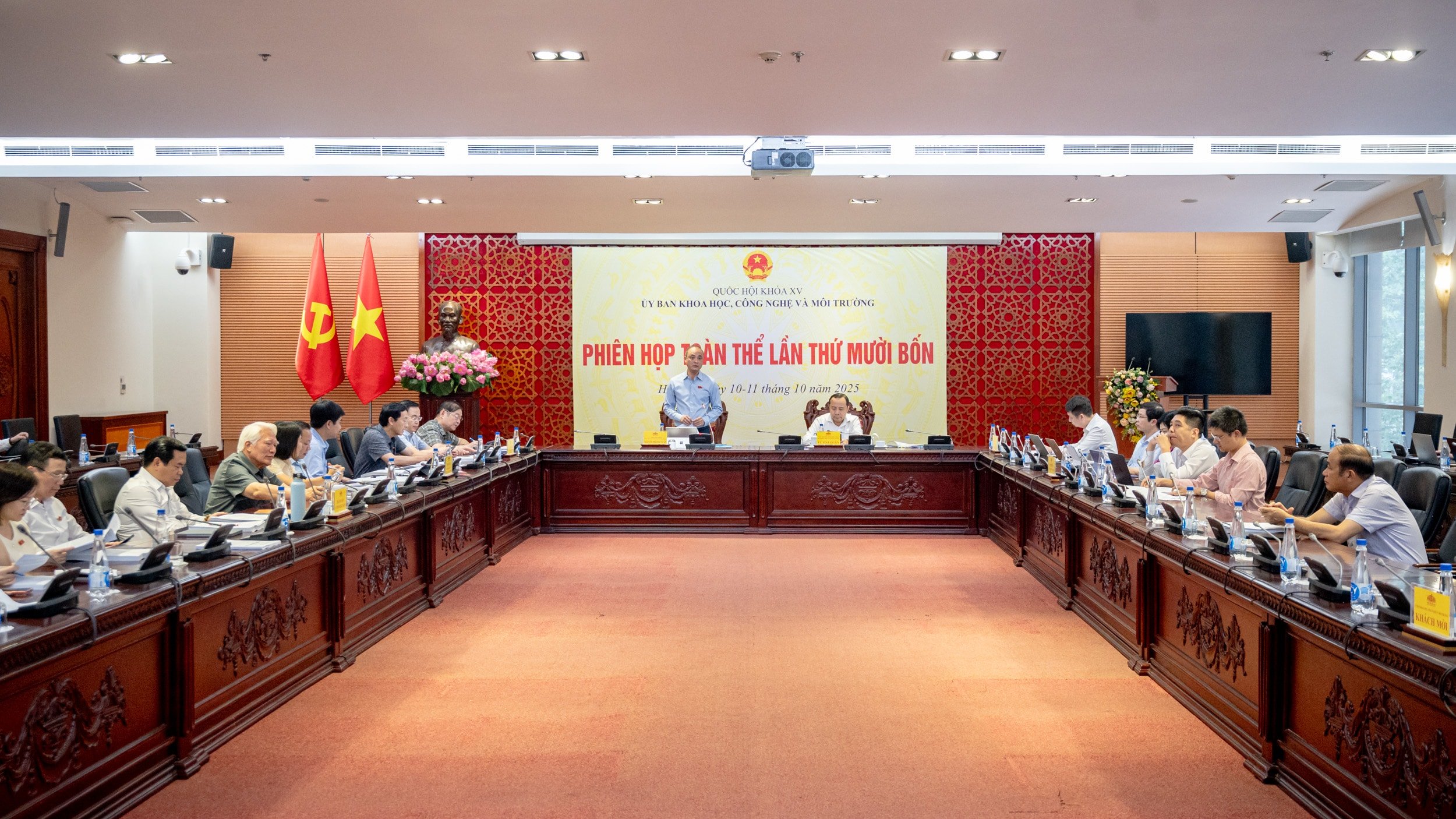
Ensure reasonable and feasible policies
Commenting on the draft Law on High Technology (amended), delegates agreed with the necessity of amending the Law on High Technology to perfect the institution and create a legal corridor for high technology development under the direction of the Politburo and the Government. This is an important political basis demonstrating the determination to innovate the growth model based on science, technology and innovation.
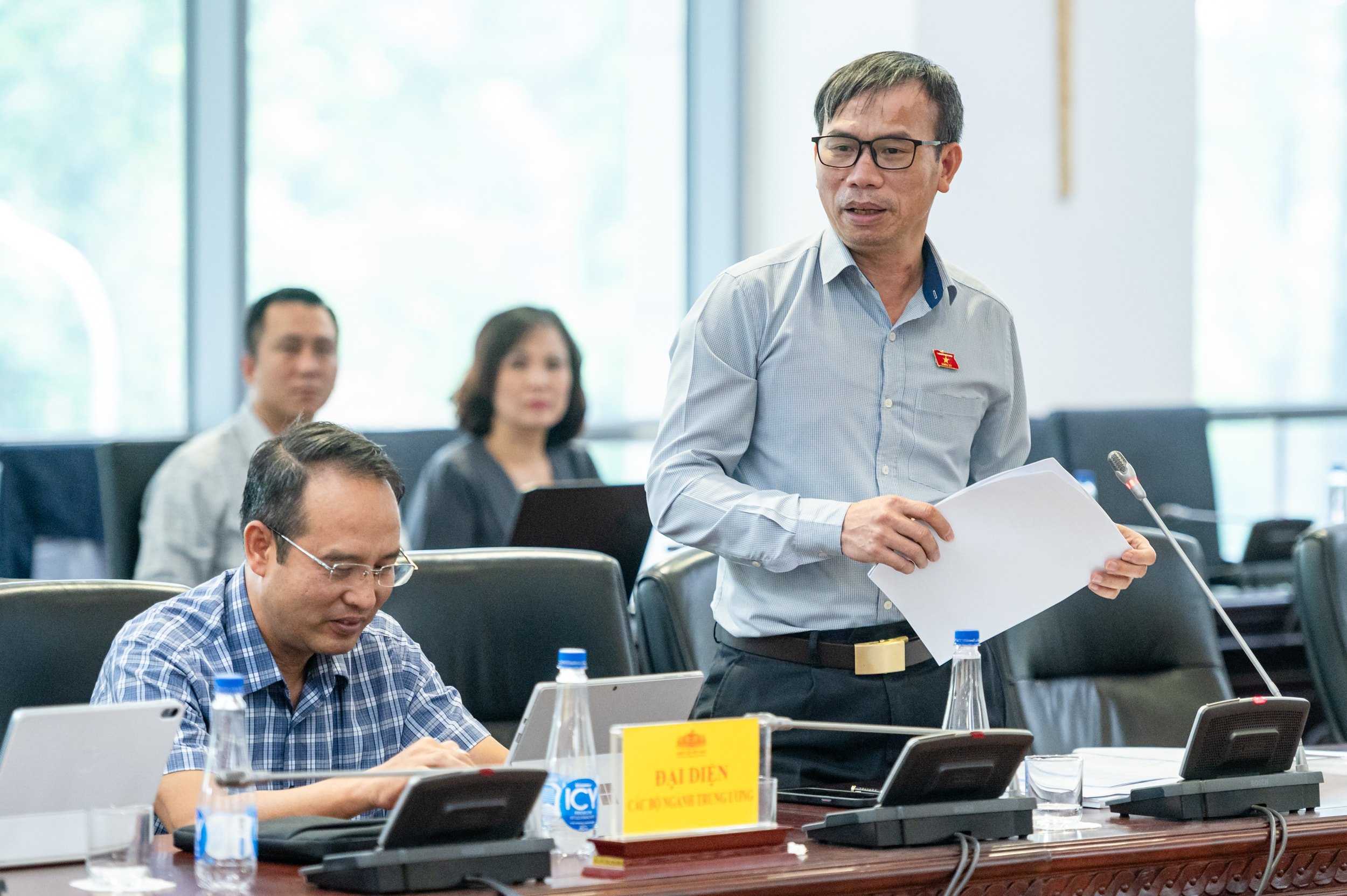
Delegates emphasized that the world has entered a new stage of development, in which high technology plays a key role, determining the competitiveness and independent and autonomous development of each country. Developed and developing countries all consider high technology as the core driving force to transform the growth model, improve labor productivity, ensure technological security and digital sovereignty.
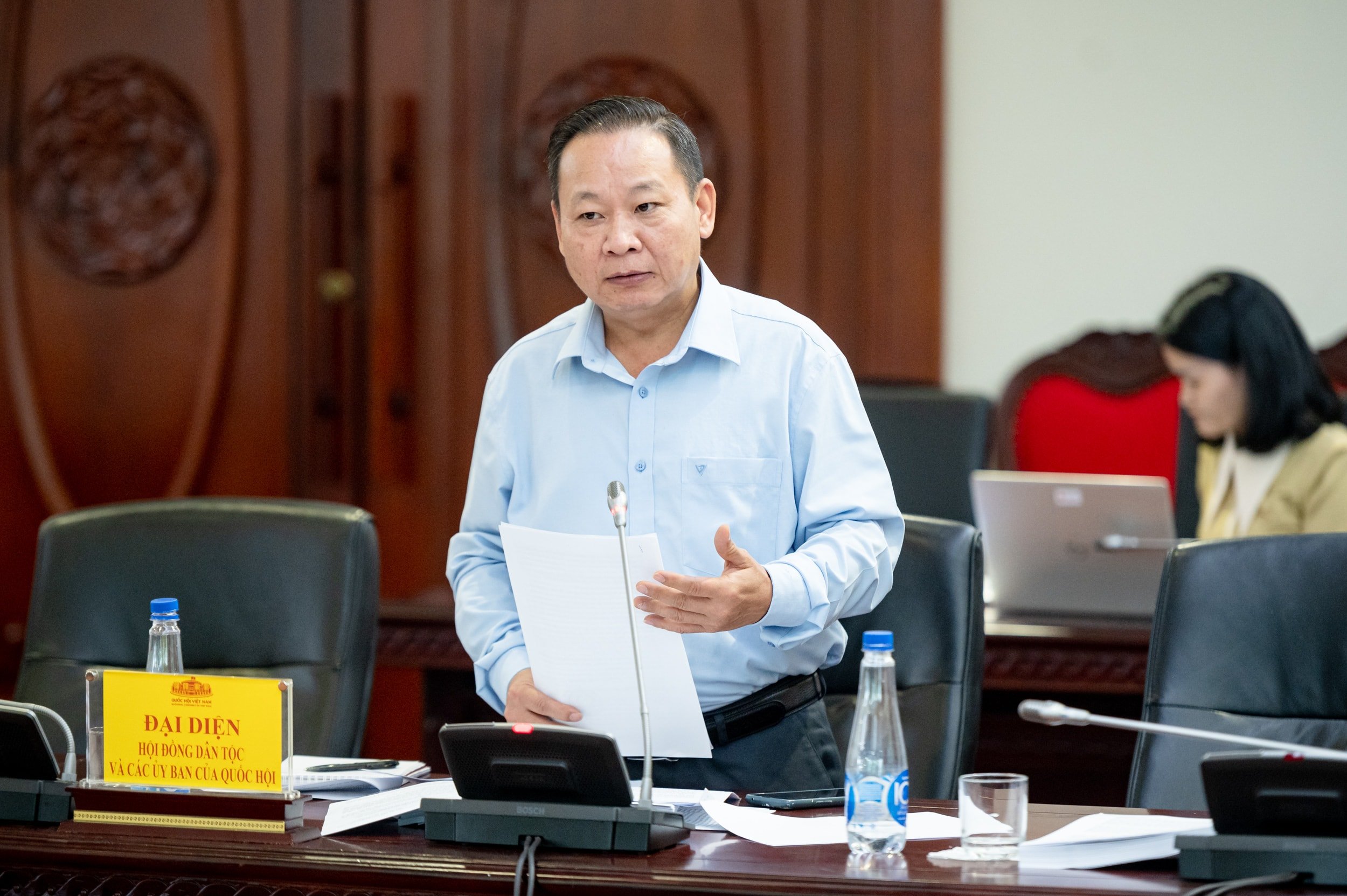
Therefore, many countries have adjusted incentive policies, focused investment in research, development and application of high technology, strategic technology in key industries and fields, flexible institutions to attract foreign high-tech investment associated with the requirement of transferring source technology, core technology and enhancing endogenous technology capacity, promoting domestic enterprises to participate deeply in the global value chain.
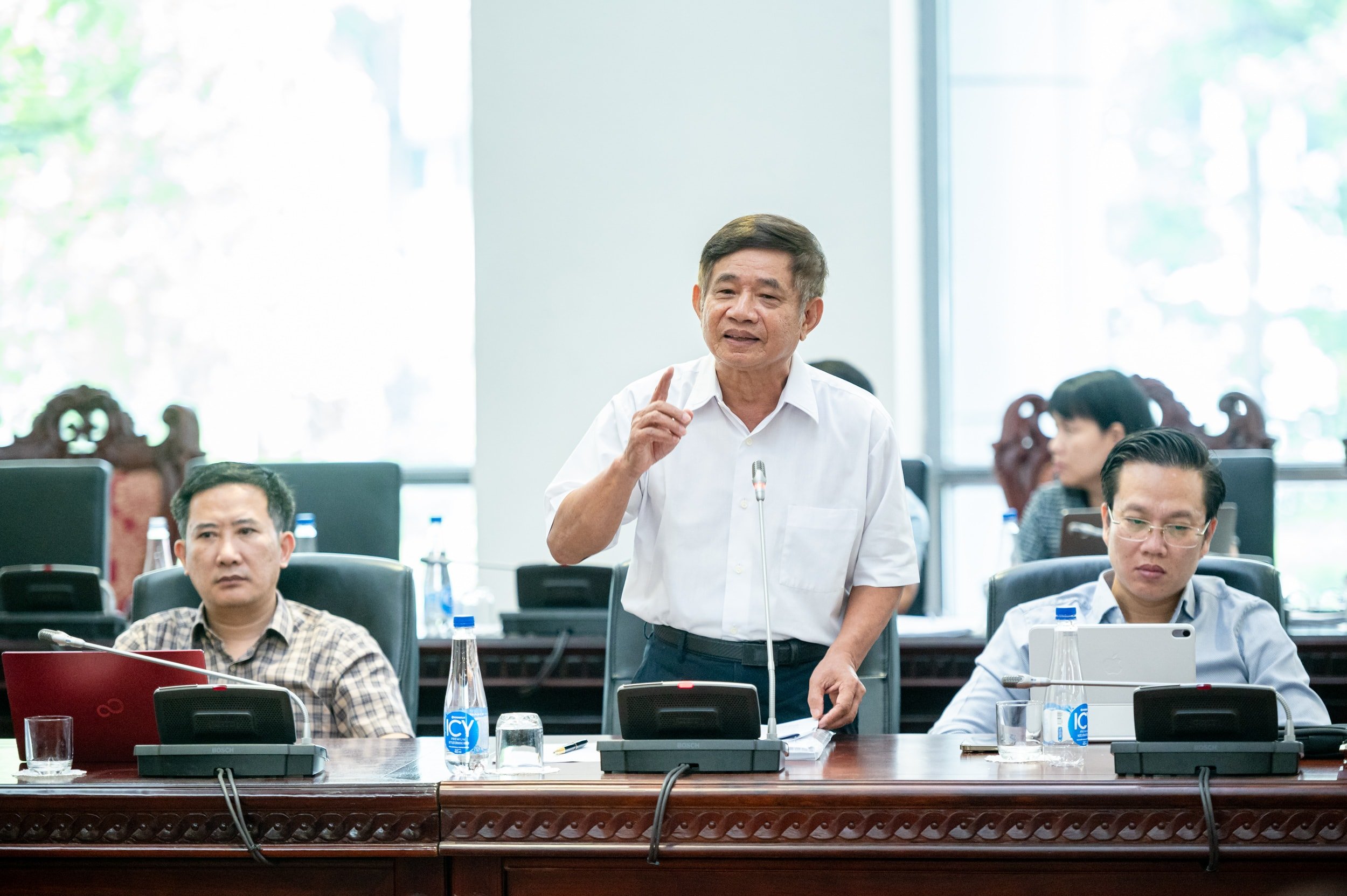
Faced with that requirement, Vietnam needs to quickly innovate its thinking and approach in managing and developing high technology, in which amending the Law on High Technology is a fundamental step to create a policy foundation suitable for development trends and enhance national competitiveness in high technology.
Some opinions also emphasized that the draft Law has ensured institutionalization and consistency with the Party and State's guidelines, policies and strategies; it is recommended that regulations on state policies and measures to encourage and promote high-tech activities must be reasonable and feasible.
Source: https://daibieunhandan.vn/uy-ban-khoa-hoc-cong-nghe-va-moi-truong-tham-tra-du-an-luat-chuyen-doi-so-du-an-luat-cong-nghe-cao-sua-doi-10389986.html




![[Photo] General Secretary attends the parade to celebrate the 80th anniversary of the founding of the Korean Workers' Party](https://vphoto.vietnam.vn/thumb/1200x675/vietnam/resource/IMAGE/2025/10/11/1760150039564_vna-potal-tong-bi-thu-du-le-duyet-binh-ky-niem-80-nam-thanh-lap-dang-lao-dong-trieu-tien-8331994-jpg.webp)

![[Photo] Discover unique experiences at the first World Cultural Festival](https://vphoto.vietnam.vn/thumb/1200x675/vietnam/resource/IMAGE/2025/10/11/1760198064937_le-hoi-van-hoa-4199-3623-jpg.webp)
![[Photo] Opening of the World Cultural Festival in Hanoi](https://vphoto.vietnam.vn/thumb/1200x675/vietnam/resource/IMAGE/2025/10/10/1760113426728_ndo_br_lehoi-khaimac-jpg.webp)


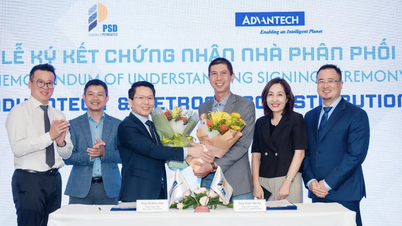

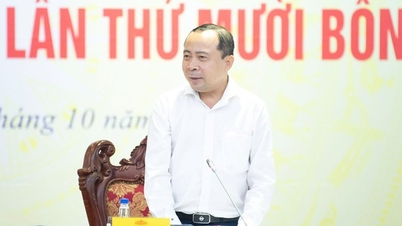
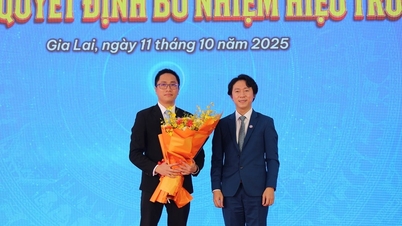



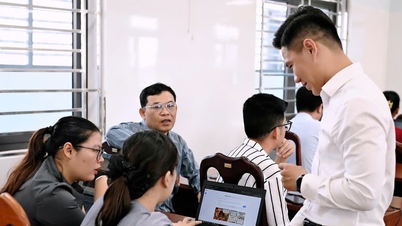

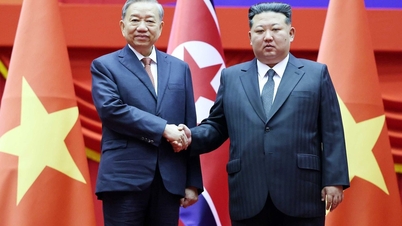

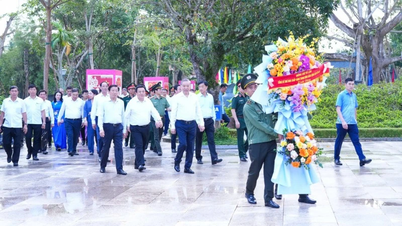

![[Video] Closing ceremony of the 1st Lam Dong Provincial Party Congress](https://vphoto.vietnam.vn/thumb/402x226/vietnam/resource/IMAGE/2025/10/11/1760188160622_lam-dong-jpg.webp)


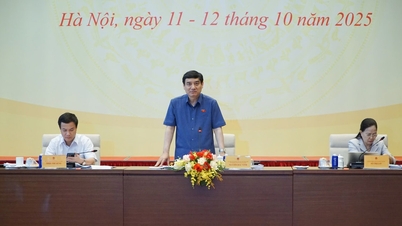
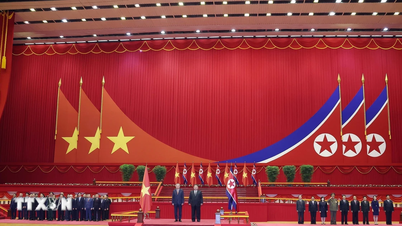





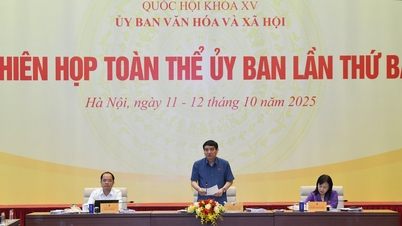
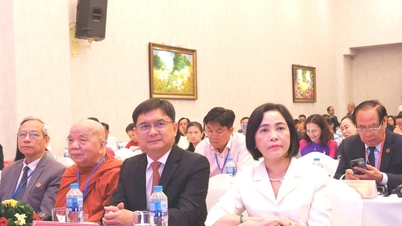
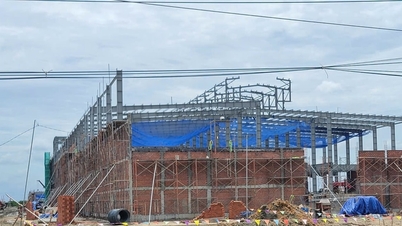
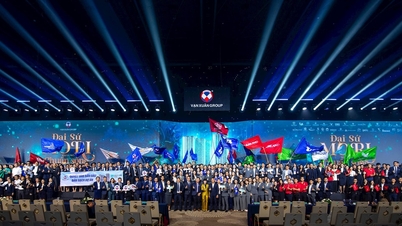
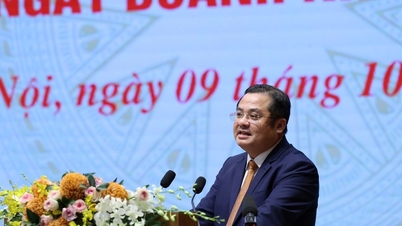
![[Photo] Ho Chi Minh City is brilliant with flags and flowers on the eve of the 1st Party Congress, term 2025-2030](https://vphoto.vietnam.vn/thumb/1200x675/vietnam/resource/IMAGE/2025/10/10/1760102923219_ndo_br_thiet-ke-chua-co-ten-43-png.webp)




































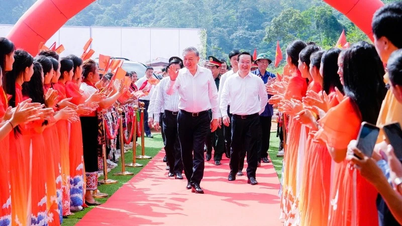



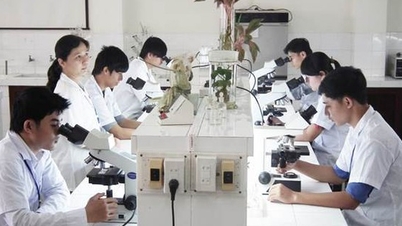
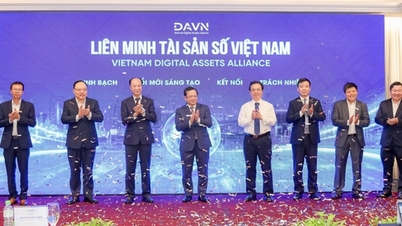
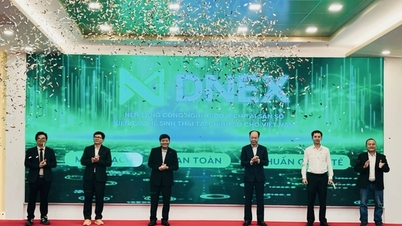





















Comment (0)